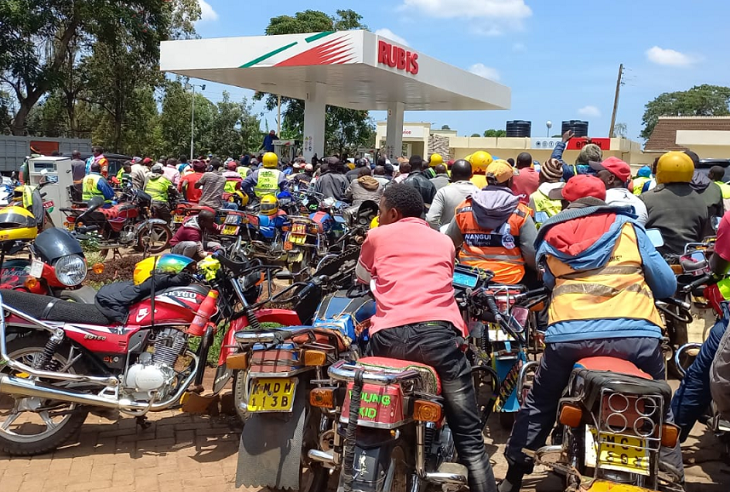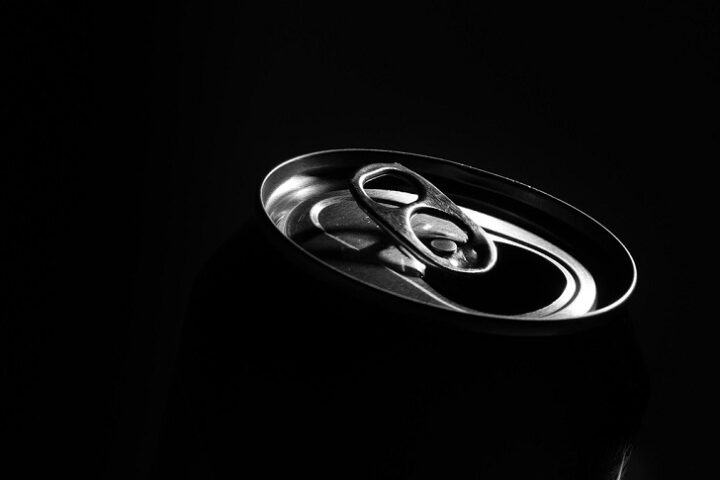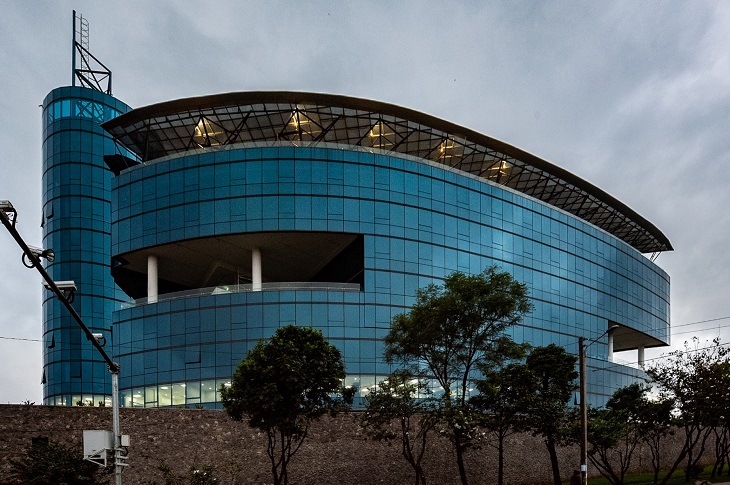Kenyans should expect another acute fuel shortage that might be worse than the one that last for three weeks. The unfortunate news comes even before the complete restoration normal flow of fuel across the country.
According to one of the oil marketers who wanted anonymity, Kenya’s oil marketers have refused to follow the government’s directive of selling to the local market more than they export.
“Ideally, we are supposed to sell 60 percent to the local market and export 40 percent. The majority of our colleagues are selling as little as 20 percent to the local market and exporting 80 percent,” he said.
According to the marketer, local oil marketers are trying to protest the move by the government to subsidize the product without remitting the subsidy funds leading to many of them running into massive losses.
“There is no regulation of prices in Uganda and other countries. In Kenya, the government is forcing me to sell below what am buying for, promising me subsidy funds that never comes. We are not running a charity,” he added.
The Energy Petroleum and Regulatory Authority (EPRA) warned oil marketers who are exporting more than what is required with the first casualty being the CEO of Rubis who was deported for hoarding fuel. Other 10 heads of oil companies were summoned by the DCI for economic crimes.
Energy CS Monica Juma also raised concerns that many oil marketers were preferring to export their products than selling it to the Kenyan market. The marketer confirmed that there is enough fuel in Kenya but marketers are still holding onto it.
During the first acute shortage that lasted for three weeks, Kenyans were forced to buy the commodity for as high as 350 shillings per liter in areas such as Bungoma, Kakamega, and Kisii. The government has not responded to the recent fuel shortage concerns.












